Introduction: Importance of Egg Freshness and Safety
Proper storage and handling of eggs is crucial to maintain their freshness and minimize the risk of foodborne illnesses. The refrigerator is the most common storage location for eggs, but it is essential to understand how long they can be safely kept before they should be discarded. In this comprehensive guide, we will explore the factors that affect the shelf life of eggs, safe storage practices, and key signs to look for when determining egg freshness.
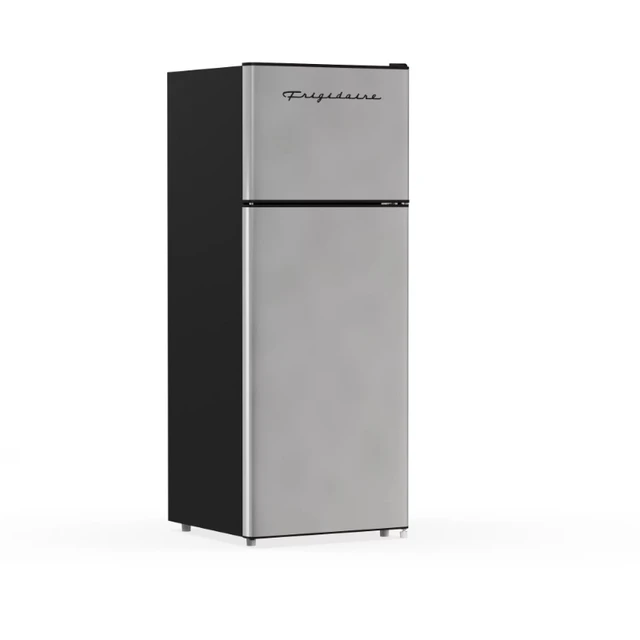
Understanding Egg Shelf Life in the Refrigerator
-
Factors Affecting Egg Shelf Life
a. Packaging date: Eggs typically have a “packaging date” or “sell-by date” printed on the carton. This date serves as a guide for retailers and consumers, indicating the estimated time within which the eggs are at their peak freshness.
b. Egg quality: Eggs with intact shells and no visible cracks or damage tend to have a longer shelf life. Fresher eggs also have a higher moisture content, which can affect their storage longevity.
c. Washing the eggs: Commercially sold eggs in some regions are washed to remove potential bacteria. This process removes the “bloom,” a protective layer on the shell that naturally helps preserve freshness. Washed eggs have a shorter shelf life than unwashed eggs.
-
Understanding Egg Freshness and Quality
a. The float test: To determine the freshness of an egg, you can conduct a simple float test. Fill a bowl with water and carefully place an egg in it. Fresh eggs sink to the bottom and lay horizontally, while less fresh eggs may tilt up slightly. If the egg floats to the top, it is not fresh and should be discarded.
b. Appearance and odor: Fresh eggs have a clear, bright yolk and a thick, viscous egg white. Any discoloration, off-putting smells, or sliminess indicates spoilage and the need for immediate disposal.
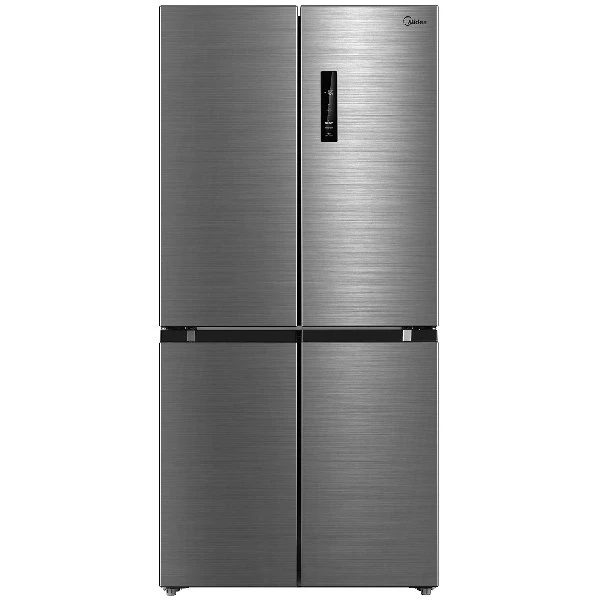
-
Safe Storage Duration in the Refrigerator
a. Raw eggs in the shell: When stored correctly in the refrigerator, raw eggs in the shell can remain fresh and safe to consume for up to 4-5 weeks past the packaging date. However, for the best quality, it is recommended to use them within 3 weeks.
b. Cooked eggs: Hard-boiled eggs or any eggs that have been cooked should be stored in the refrigerator in a covered container. They can be safely consumed within one week.
c. Leftover egg dishes: Dishes made with eggs, such as quiches or frittatas, should be stored in the refrigerator. Consume them within 3-4 days to ensure freshness and minimize the risk of foodborne illnesses.
-
Storing Eggs Properly in the Refrigerator
a. Carton storage: Keep the eggs in their original carton, as it provides protection and helps maintain their freshness by minimizing exposure to light, odors, and temperature fluctuations. Store the carton in the main body of the refrigerator, not on the refrigerator door.
b. Avoid temperature fluctuations: Keep the refrigerator temperature consistent to prevent sudden shifts that can affect the quality and shelf life of the eggs. Avoid placing eggs near the refrigerator door, where they are exposed to warmer air whenever the door is opened.
c. Protection from odors: Eggs can absorb odors from other foods in the refrigerator. To prevent this, store them in a separate area away from strong-smelling items such as onions or fish.
d. Use-by date extension: If you have eggs that are nearing their use-by date and won’t be consumed in time, consider freezing them. Crack the eggs into a freezer-safe container, mix gently, and label the container with the number of eggs and the date frozen. Thaw frozen eggs in the refrigerator before use.
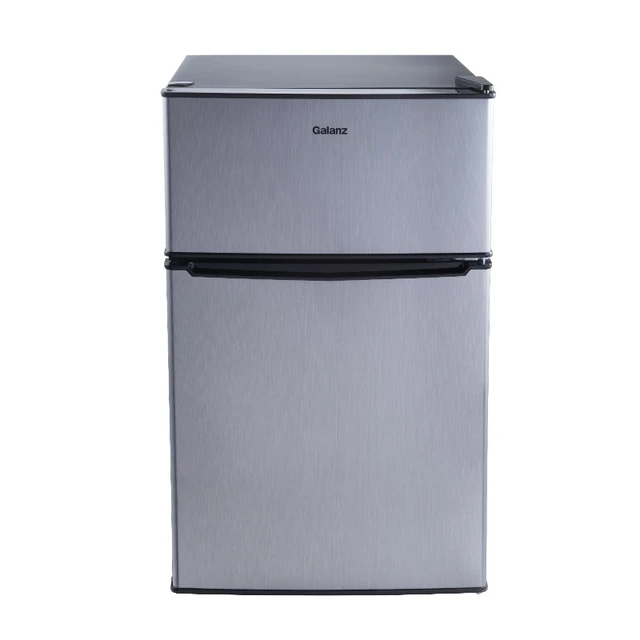
-
Tips for Ensuring Safe Consumption
a. Proper handling: Wash your hands before and after handling eggs to prevent the spread of bacteria. Avoid cracking eggs on the edge of bowls, as this can introduce shell fragments.
b. Cooking thoroughly: To ensure any potential bacteria are killed, cook eggs thoroughly until both the yolk and white are firm. Avoid consuming dishes with raw or undercooked eggs, such as homemade mayonnaise or soft-boiled eggs.
c. Discard if in doubt: If you are uncertain about the freshness of an egg or notice any signs of spoilage, it is safer to discard it rather than risk consuming a potentially contaminated product.
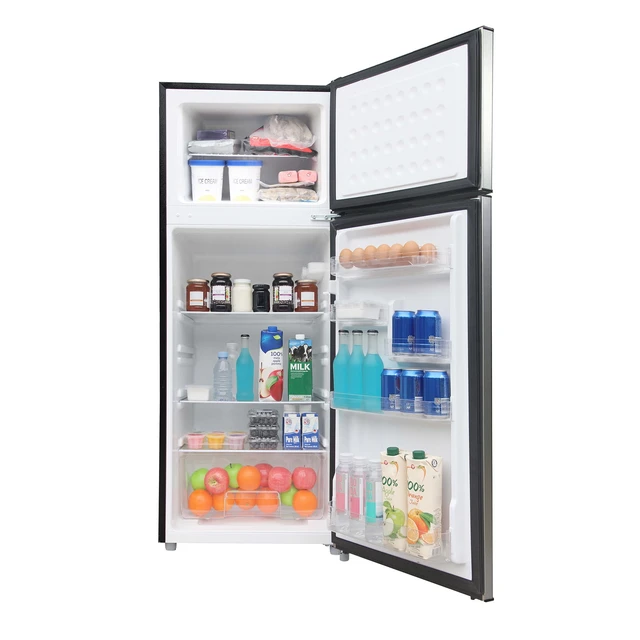
-
Common Misconceptions and Additional Tips
a. Freezing eggs in the shell: Contrary to popular belief, it is not recommended to freeze eggs in their shells. The moisture inside the egg expands when frozen, causing the shell to crack and potentially introduce bacteria. If you need to freeze eggs, it is best to crack them into a freezer-safe container.
b. Date labeling: To keep better track of your egg’s freshness, consider labeling each carton with the purchase date or the date you transferred the eggs from their original packaging. This practice can help you use the oldest eggs first and avoid any potential waste.
c. Farm-fresh eggs: Eggs obtained directly from local farmers or backyard hens may have a shorter shelf life compared to commercially produced eggs due to the lack of washing and removal of the natural protective bloom. It is best to consult with the producer or follow their recommendations for storage and freshness.
d. Egg substitutes in recipes: If you are out of fresh eggs, you can use certain egg substitutes in recipes. These substitutes can vary, so it is important to consult the package instructions or reliable sources to determine the appropriate conversion measurements.
There are a few options available when it comes to using pasteurized eggs or egg substitutes. Pasteurized eggs go through a process that eliminates potential bacteria while still maintaining their liquid form, making them safe to consume without cooking.
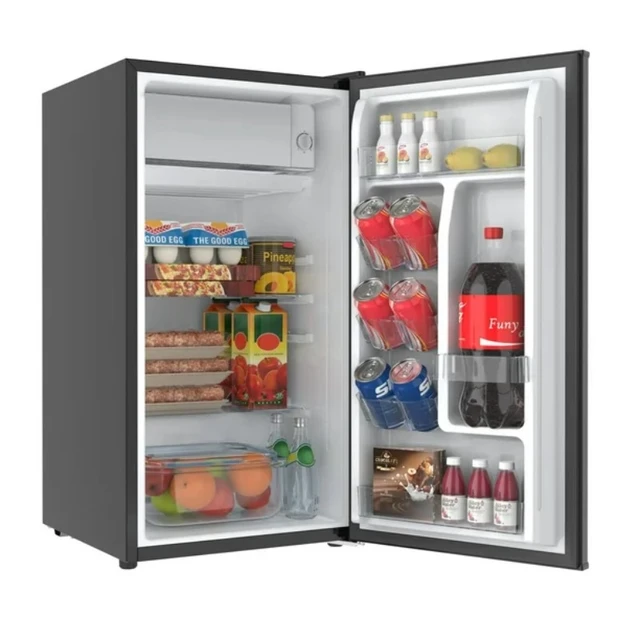
Conclusion: Ensuring Fresh and Safe Eggs
Proper understanding and adherence to safe storage practices play a crucial role in maintaining the freshness and safety of eggs. By considering factors such as packaging date, refrigeration temperature, shell quality, and conducting tests for freshness, you can confidently determine the shelf life of your eggs. Proper storage in the refrigerator, along with safe handling and cooking practices, allows you to enjoy fresh and delicious eggs while minimizing the risk of foodborne illnesses.
